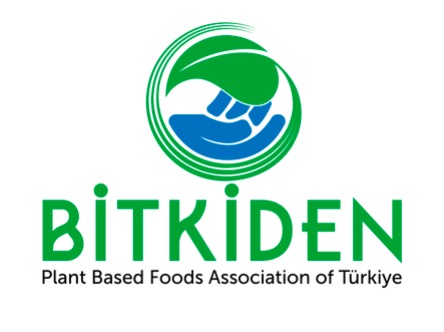Recently, there has been a growing demand for products that are both environmentally and animal-friendly, as well as healthier plant-based options.
Looking at consumers’ eating and drinking habits, it is observed that they are now purchasing more plant-based options. Therefore, the increasing consumer demand for plant-based options is emerging as the driving force behind market growth. On the other hand, plant-based nutrition also plays an important role in combating climate change. In particular, the production of plant-based foods such as fruits, vegetables, grains, legumes, nuts, and seeds results in lower greenhouse gas emissions.
APPROXIMATELY $10 BILLION
The plant-based food market has been growing steadily since 2018, reaching $7.4 billion in 2021, and is estimated to be worth $9.4 billion in 2022. Furthermore, the alternative protein market, in which plant-based proteins hold the largest share, is projected to reach a market size of approximately $290 billion by 2035. Due to the increasing preference for plant-based nutrition, Turkey’s plant-based protein market is also expected to reach a market size of $56.1 million by 2025.
CHANGE IS NECESSARY TO FEED THE POPULATION
“Feeding a population that will reach nearly 10 billion by 2050 remains a pressing issue,” said Akdağ, adding: “Therefore, we need to prevent deforestation without expanding the agricultural land we currently use, while also reducing agricultural greenhouse gas emissions. This can be achieved by transforming food systems towards plant-based foods. Furthermore, Turkey is a country rich in plant-based protein sources such as legumes and grains. It is crucial for Turkey to efficiently utilize powerful plant-based protein sources like peas, chickpeas, lentils, beans, and grains in order to reduce its dependence on foreign plant-based proteins and lower transportation-related emissions.”
20 PERCENT INCREASE EVERY YEAR
Ebru Akdağ, Chair of the Plant-Based Foods Association (BİTKİDEN), stated that consumers love plant-based foods, saying, “For example, according to a study, 37.7% of consumers surveyed regularly consume plant-based milk alternatives. In 2022, the retail sales value of plant-based milk and dairy alternatives in Turkey reached 136 million TL. The plant-based food market is growing by approximately 20% every year.”
SIGNIFICANT POTENTIAL
“In Turkey, there is awareness about plant-based foods alongside significant potential,” said Akdağ. “According to a study conducted in our country in 2023 by the Plant-Based Foods Alliance (PBFA), 90% of consumers in Turkey enjoy consuming plant-based foods. Fifty-nine percent include them on their table more than once a week, and most importantly, 52 percent are aware of the content of plant-based foods,” he said.

